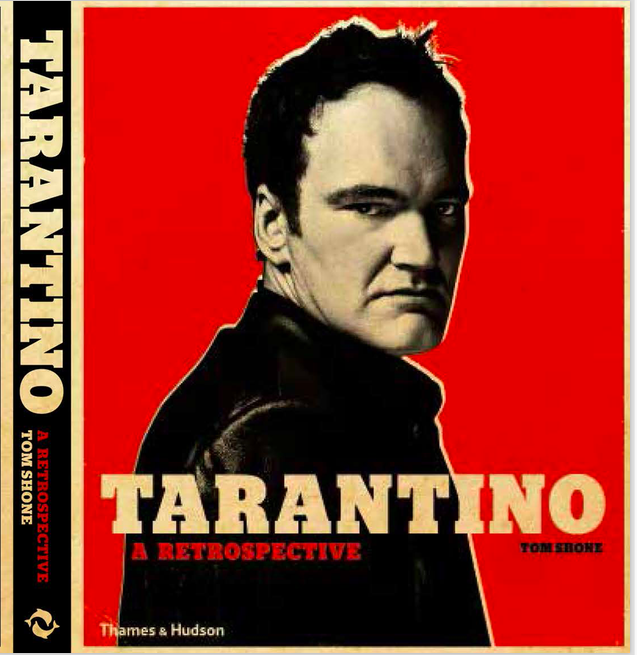skip to main |
skip to sidebar
REVIEW: Her (dir. Spike Jonze)
From my Guardian review;—
'... It’s a pixel-era Pygmalion set in a
not-too-distant Los Angeles, where everyone stalks the walkways murmuring into
their earpieces, a vast solipsistic tide of humanity. At
night the city lights sparkle and blur, like distant diodes on a giant computer
chip. Needless
to say, the film is half in love with the loneliness it diagnoses. The whole
thing looks like the most expensive ad for urban anomie ever made — Antonioni
for the artisanal cheese set — and for the first hour the conceit is unveiled
beautifully, via a brisk series of gags, most of them in the periphery of the
main plot... The closer we draw to the central romance, the
straighter grows the film’s face. ”Sometimes
I think I’ve felt everything I’m gonna feel,” confides Theo to Samantha,
finding in her precisely the sympathetic ear he failed to find in his wife. She
is played by Rooney Mara thus confirming Mara’s position as the Ex most men
would regret breaking up with, ideally through a Happier Times Montage
involving cascades manes of hair and white sheets seen in chalky sunlight. She
gets in the zingiest line in the film, delivered over an exchange of divorce papers
— “He couldn't deal with me, tried to put me on
Prozac and now he’s in love with his lap-top” — but it doesn't quite land. It’s
like a zinger from one of Woody Allen’s comedies that has somehow drifted into
one of his alienation-and-anomie numbers. The script wants things both way — an obvious outrage to Mara, Phoenix’s love
for his computer is seen as entirely
normal by others— a penchant for blur that starts with the film’s wispy
compositions and seems to spread from there.
Phoenix
is as sweet and soulful as we always suspected he might be. Ditching the trail
of dysfunction and hiding his scarred lip behind a neat little moustache,
spectacles and high-hitched pants, Theo is a portrait of the sad sack as saintly
urban eunuch — a great listener and perfect empath whose less attractive
attributes are discretely masked from view.
An early mention of Theo’s anger issues is never followed up on. A
session of phone sex leaves him the
bemused victim. Even his consummation with Samantha is discretely blacked out,
to spare us the lonely, masturbatory truth. That’s quite a burden of simplicity
to put on a figure who must carry a
two-hour film; you can detect the strain during some of the date scenes, where Phoenix
is required to gurgle with happiness one too many times — he wears the fixed
grin of a man on a visit to the dentist. Johansson has an easier time of it, having long
taken over Demi Moore’s mantle as the owner of Hollywood’s Huskiest Tonsils. If
anything she may pack too much punch for Theo, who remains a strangely chaste
figure, too hung up on his ex-wife for sex, let alone a relationship. What he
really seems to need is a therapist, and so it proves, as the script succumbs
to the kind of well-intentioned maundering that ensnares the better kind of rom
com: “Its in this endless space between the words that I’m trying to find
myself right now,” says Samantha. How did such a sharply conceived movie end on
such a woozy note? It’s almost as if the haze above Los Angeles descends to
envelop the rest of the film.'























No comments:
Post a Comment